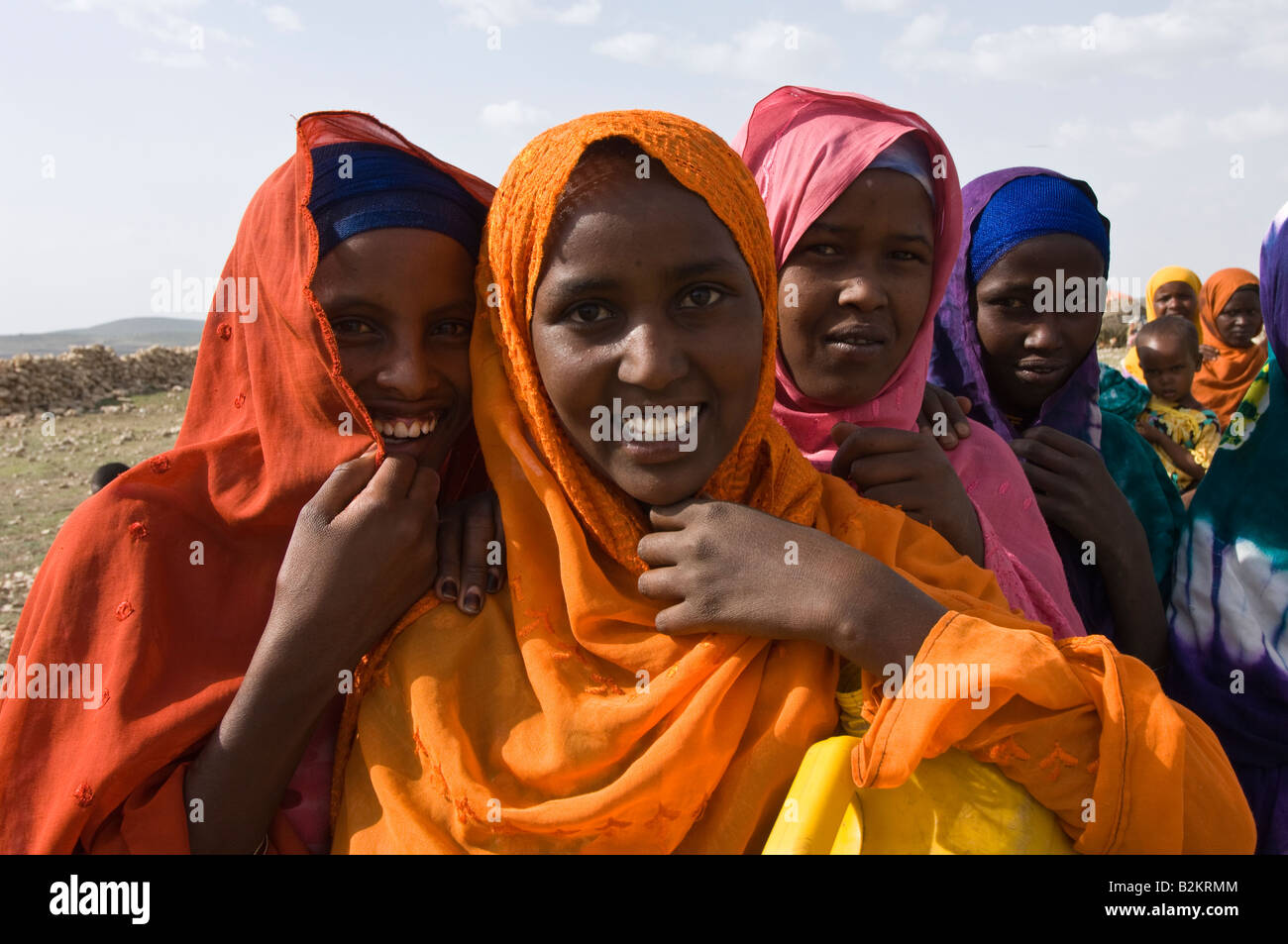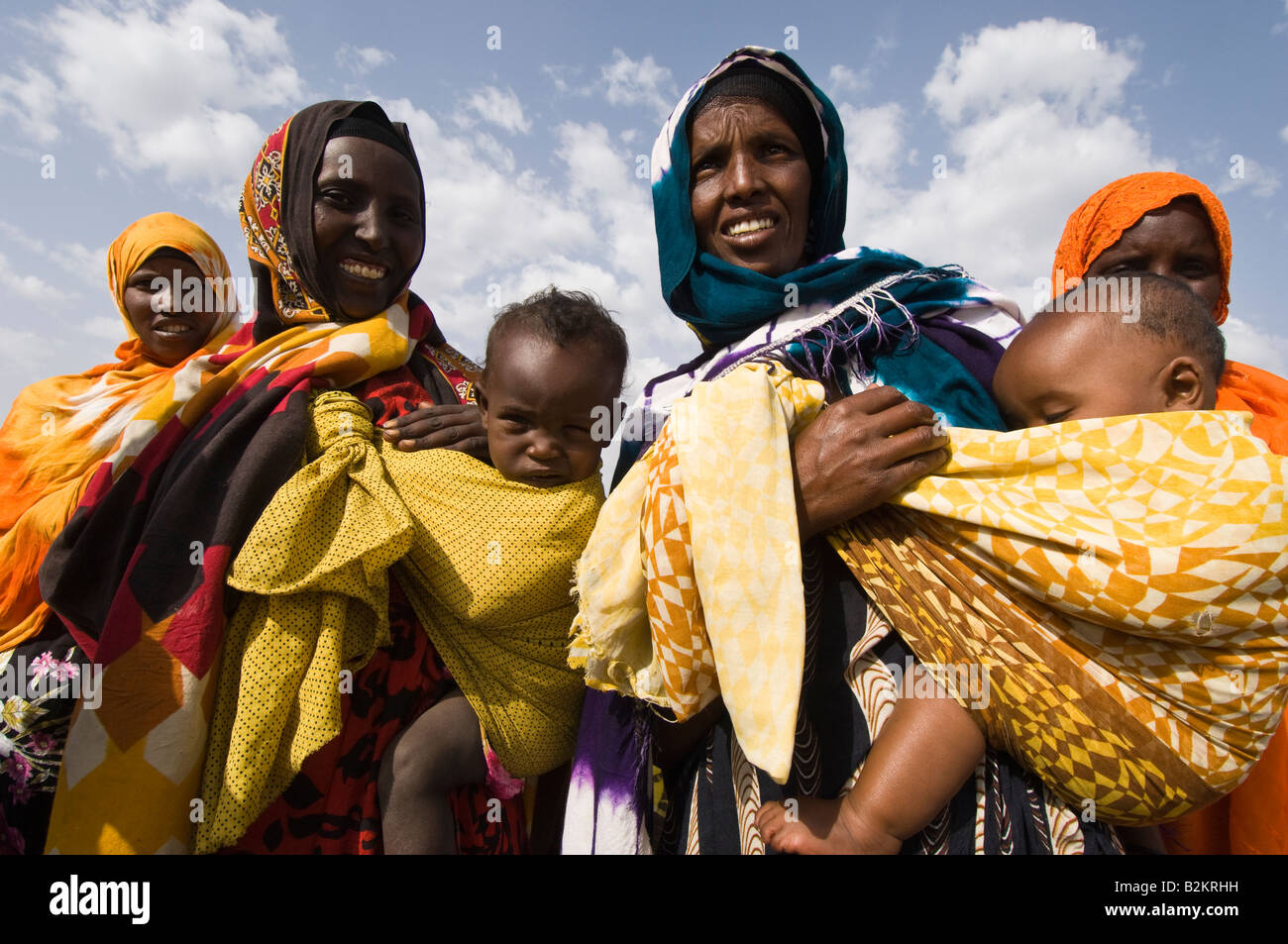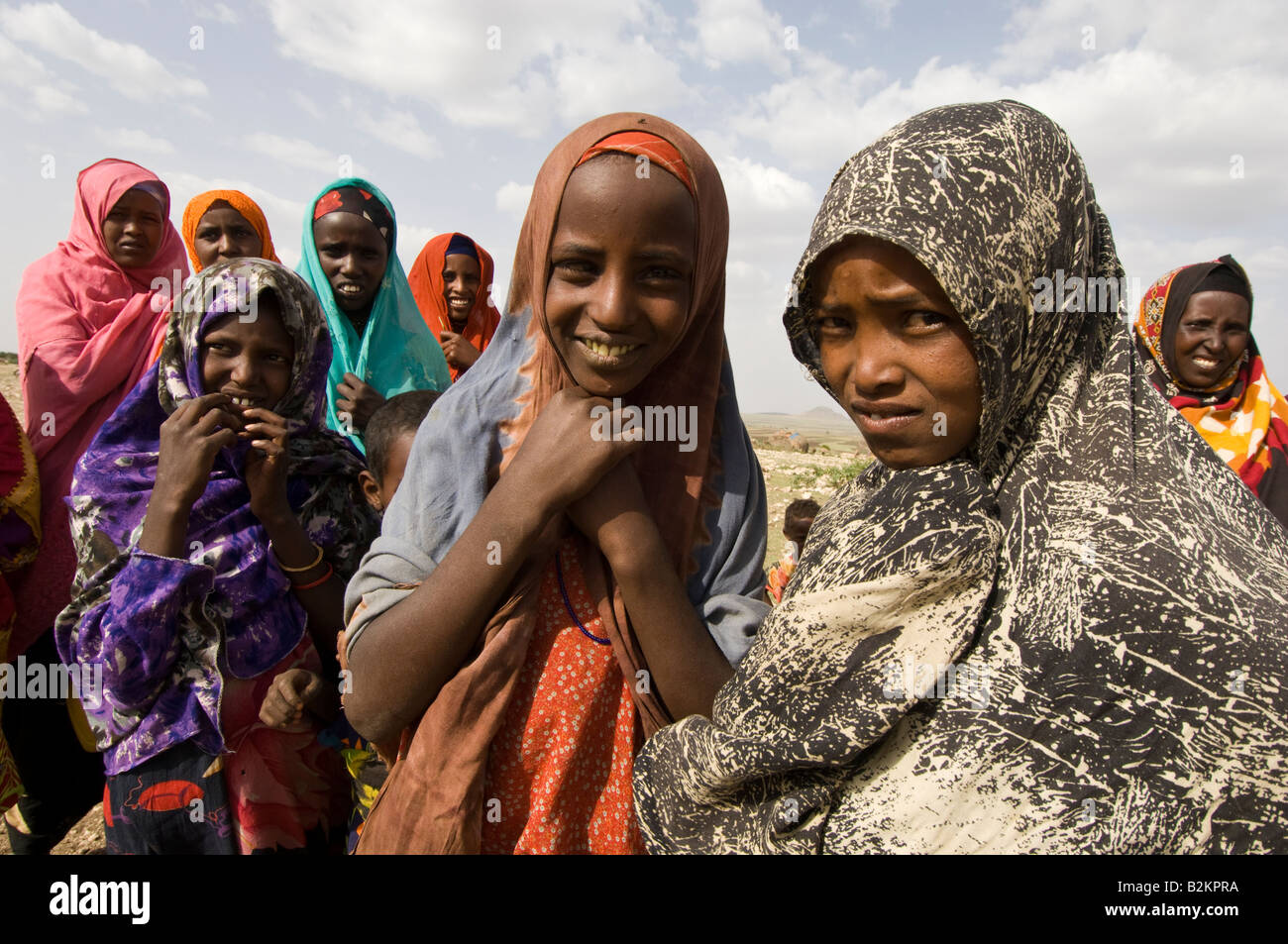Understanding Somali People: Culture, History, And Global Connections
Have you ever wondered about the rich background of the Somali people? It's a story that stretches back through time, full of unique traditions and a deep sense of shared identity. This group of people, you know, has a really compelling history and a vibrant culture that truly makes them stand out. They are, in a way, quite fascinating to learn about.
The Somali people are an East Cushitic group, originally from the Horn of Africa. They have, in some respects, a common background, culture, and ancestry that ties them together. Their story is, you see, quite old, with roots going back to the Neolithic period, according to what anthropologists say.
There's, apparently, an ongoing discussion online about Somali identity, which shows just how much this topic means to many. This article will help clear things up, giving you a better sense of who the Somali people are, where they live, and what makes their culture so special. We'll also look at their presence in places like the United States, too it's almost a global story.
Table of Contents
- Who Are the Somali People?
- Where Somali People Call Home
- Language and Faith
- Cultural Ways of Life
- Somali Americans: A Growing Community
- Addressing Misconceptions and Resilience
- Common Questions About Somali People
- Conclusion
Who Are the Somali People?
The Somali people represent a distinctive Cushitic ethnic group, native to the Somali Peninsula. They have, you know, a very strong sense of being one people, sharing a deep common background, culture, and ancestry. This shared heritage is something that really defines them, making them a unique group in East Africa.
An Ancient Heritage
According to what anthropologists tell us, the early ancestors of the Somali people first came to the region during the Neolithic period. This means their history in the Horn of Africa goes back a very long time, making them truly indigenous to that part of the world. Evidence of this ancient past can, apparently, be seen in places like the Laas Geel cave complex, which is just outside Hargeisa.
A Shared Identity
Somali people are, basically, a nation with a common history and way of life. They are, in fact, the indigenous people of the Horn of Africa, which is in Eastern Africa. It's important to know that they do not have any Arab lineage or origin, nor do they speak Arabic. Their language, you see, is Cushitic, which is quite different from Arabic.
Where Somali People Call Home
The Somali people are spread across several countries in the Horn of Africa, as well as in communities around the world. Their presence is, really, quite widespread, showing how far they have traveled and settled.
The Horn of Africa Heartlands
The traditional lands of the Somali people encompass Somalia, Somaliland, Ethiopia, Kenya, and Djibouti. They are, you know, deeply connected to this region, which is their ancestral home. Ethiopian Somalis, for example, are the ethnic Somalis from Ethiopia, particularly from the Ogaden area, which is officially known as the Somali Region.
A Global Presence
Beyond their homelands, there are many Somali people living in what is known as the Somali diaspora. This means they live in different countries all over the globe, maintaining their cultural ties even far from home. Their language, the Somali language, is spoken not only in their native areas but also by members of this global community, too it's almost a way to keep their heritage alive.
Language and Faith
Language and religion are two very important parts of Somali identity, tying people together across different places. These elements, you see, help shape their daily lives and their overall cultural expression.
The Somali Language
The Somali language is the main language spoken by Somali people. It's a Cushitic language, and it's used in Somali-inhabited areas of Somalia, Djibouti, Ethiopia, Kenya, and Yemen. It's also spoken by Somali people living in other parts of the world. This language, in a way, acts as a strong link for the community, wherever they are.
A Predominantly Muslim Community
The Somali people are, for the most part, Muslim. Their faith is a very central part of their lives and culture. This religious identity is, actually, a significant aspect of their shared experience and traditions, guiding many of their customs and daily practices.
Cultural Ways of Life
Somali culture is rich with unique customs and ways of living, reflecting a deep respect for privacy and tradition. These practices, you know, are passed down through generations, keeping their heritage strong.
Private Feelings, Public Grace
Somali people tend to keep their intimate feelings and affairs private. This is a very characteristic aspect of their culture. For instance, a married man and a woman might walk side by side, but they wouldn't typically cling to each other in public. This shows a certain grace and respect for personal space, which is quite common, you know, in their interactions.
Traditional Living Spaces
Many Somali nomads, who move from place to place, traditionally live in domed structures. These homes are designed to be practical for their way of life, offering shelter while allowing for movement. This type of dwelling, you see, is a direct reflection of their historical nomadic lifestyle, which is still practiced by some today.
Somali Americans: A Growing Community
Somali Americans are people of Somali ancestry who live in the United States. Their story in America is one of new beginnings and building strong communities. They have, in a way, really made a mark in various parts of the country.
Early Arrivals and New Beginnings
The first ethnic Somalis to arrive in the United States were sailors, coming in the 1920s from British Somaliland. These early arrivals, you know, paved the way for future generations. By 2018, about 43,000 people born in Somalia were living in the U.S., showing a significant growth in the community over the years.
Building Lives in America
Somali people have become an important part of many communities across the United States. Places like Lewiston, Maine, and Shakopee, Minnesota, have seen a notable increase in their Somali populations. In Minnesota, particularly, Somali people have, actually, become an integral part of many local communities, contributing to the diversity and life of these areas.
Addressing Misconceptions and Resilience
It's important to approach the story of Somali people with understanding, especially when considering the challenges their homeland has faced. Their resilience, you know, is a powerful part of their narrative.
Beyond Conflict Narratives
Somalia, located in the Horn of Africa, has, sadly, seen its share of civil wars and their tough effects on people. However, it's really important not to blame Somalia's conflict and political difficulties on the Somali people or their culture. Foreign interference, you see, played a big part in creating the conditions for the civil war, which is something many people might not fully realize.
Strength Through Shared Experience
The Somali people have shown incredible strength and determination in the face of adversity. Their ability to maintain their culture and identity, even when facing hardship or living far from home, is, frankly, quite inspiring. They continue to build lives and contribute to societies around the world, showing their enduring spirit, too it's almost a testament to their character.
Common Questions About Somali People
Here are some questions people often ask about Somali people:
1. Where do Somali people originally come from?
The Somali people are indigenous to the Horn of Africa. Their ancestors, according to anthropologists, arrived in the region during the Neolithic period, making their presence there very ancient. They are, basically, native to the Somali Peninsula, which includes Somalia, Somaliland, Ethiopia, Kenya, and Djibouti.
2. What language do Somali people speak?
Somali people primarily speak the Somali language. This is a Cushitic language, and it is spoken throughout Somali-inhabited areas in the Horn of Africa and by members of the Somali diaspora worldwide. It is, you know, quite distinct from Arabic.
3. Are Somali people of Arab descent?
No, Somali people do not have Arab lineage or origin. They are a Cushitic ethnic group, native to the Horn of Africa. Their language is Cushitic, not Arabic. This is, actually, a common misunderstanding that people sometimes have.
Conclusion
The Somali people are a distinctive Cushitic ethnic group with a rich history rooted in the Horn of Africa. They share a common culture, ancestry, and the Somali language, and are predominantly Muslim. Their communities extend globally, with a notable presence in the United States, particularly in places like Minnesota. It is, you know, important to appreciate their contributions and understand their experiences, moving past simplified narratives about their homeland's challenges. To learn more about on our site, and link to this page . You can also explore more about the Horn of Africa's rich history and diverse peoples by checking out reputable sources like Britannica's entry on the Horn of Africa.

Somali people hi-res stock photography and images - Alamy

Somali people in Ethiopia, Africa Stock Photo - Alamy

Somali people hi-res stock photography and images - Alamy